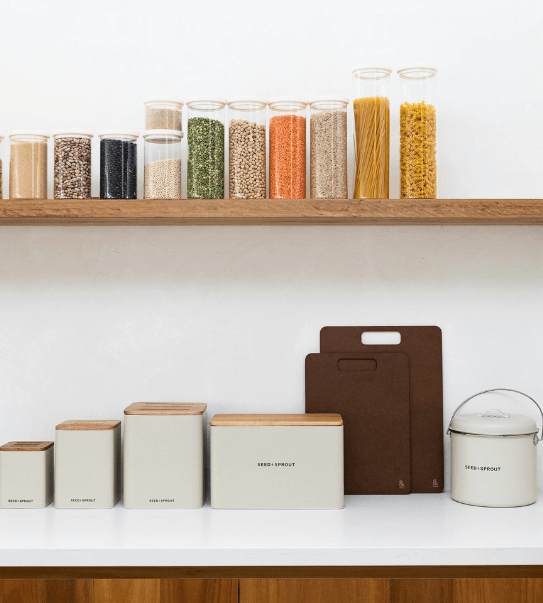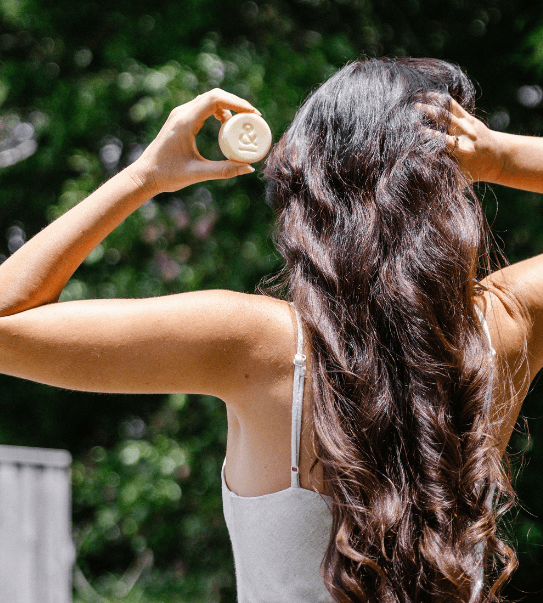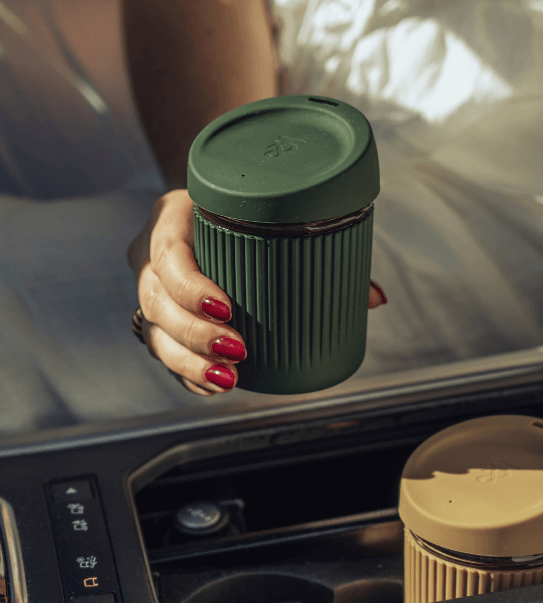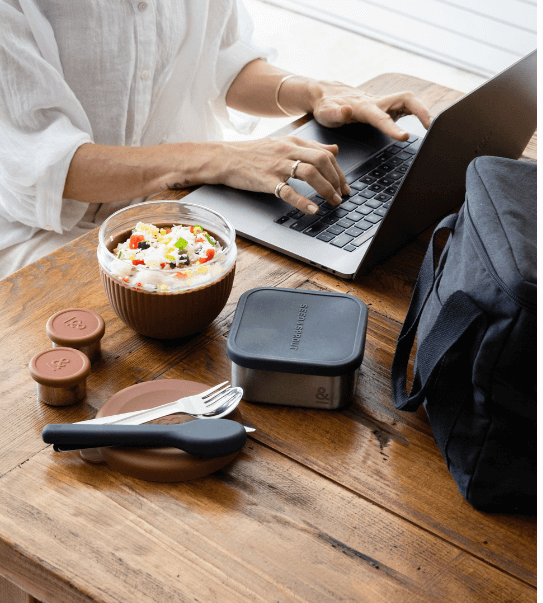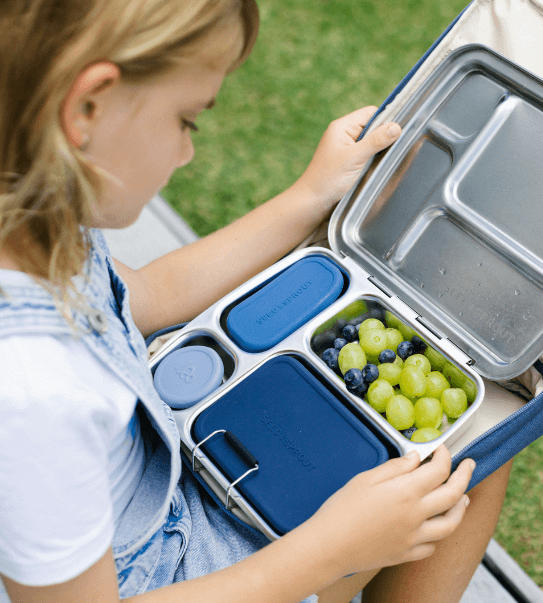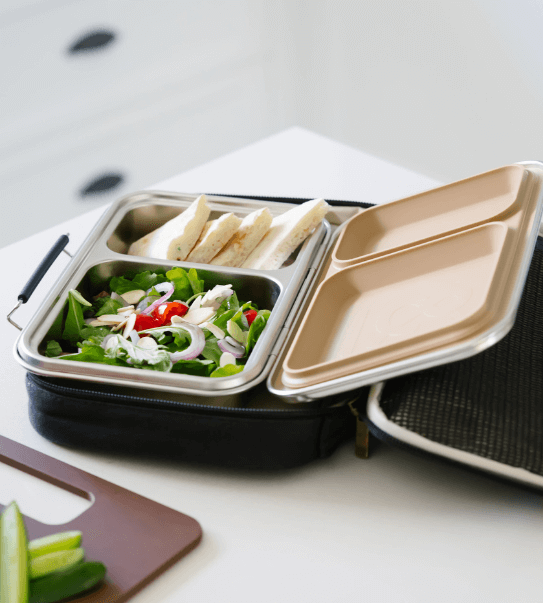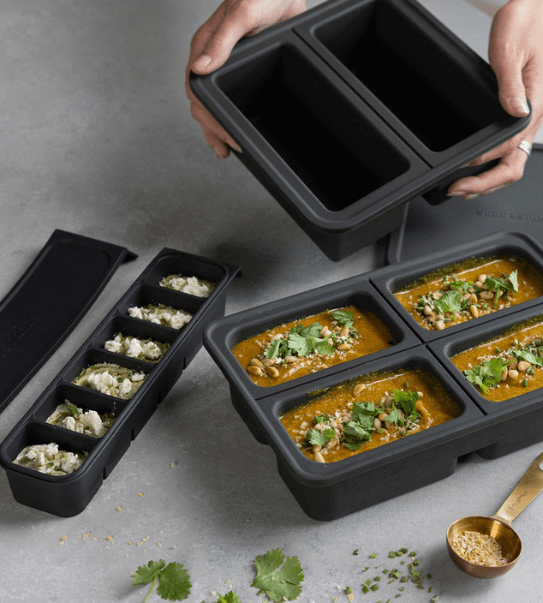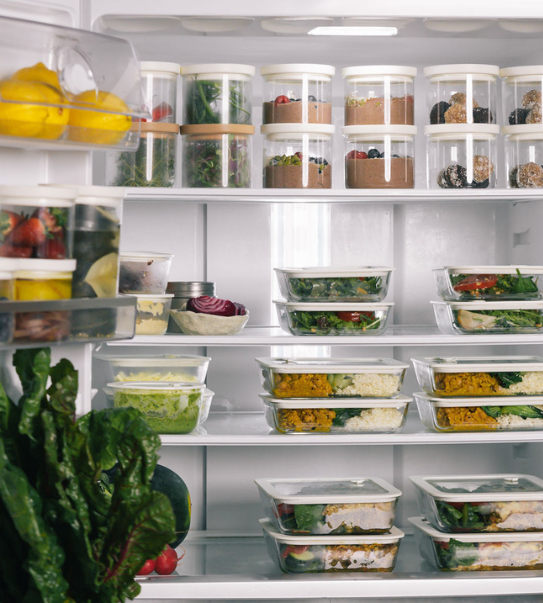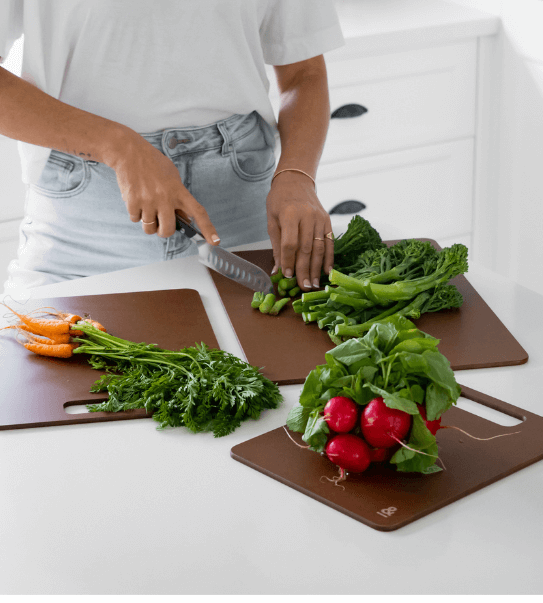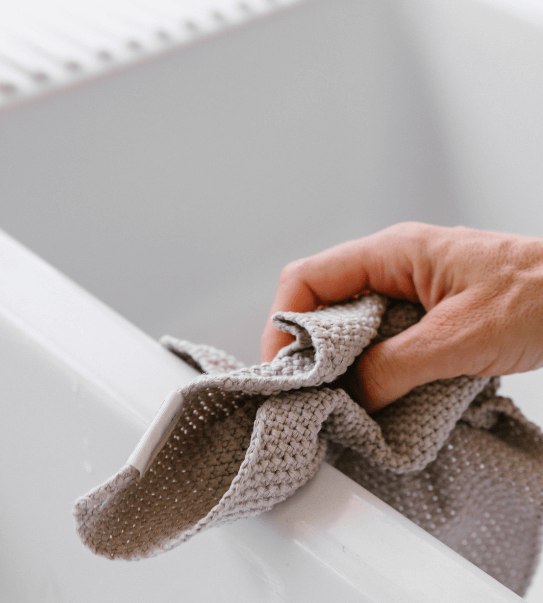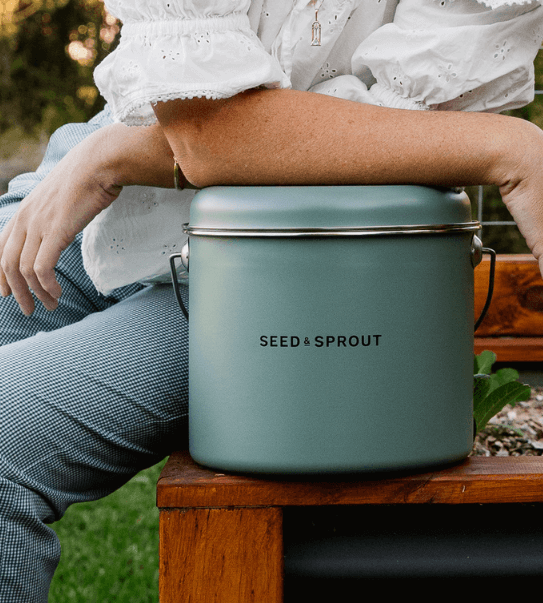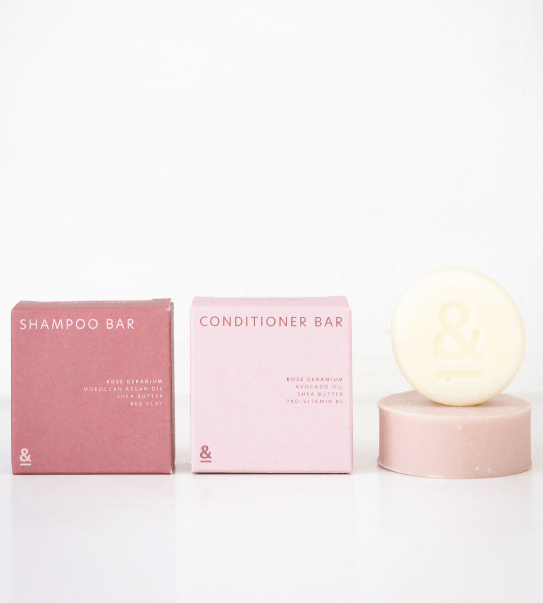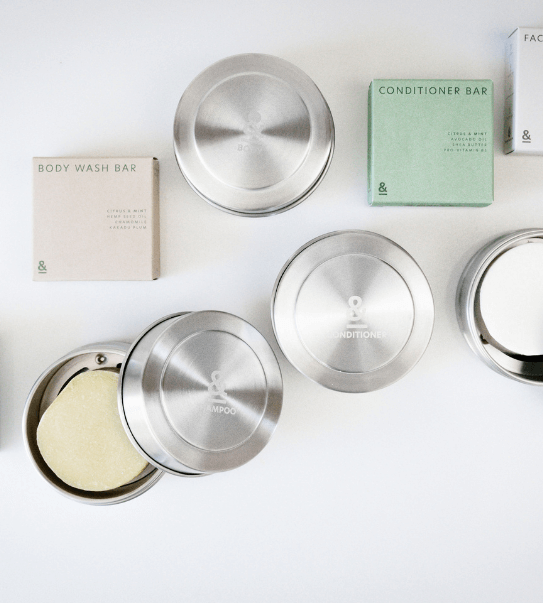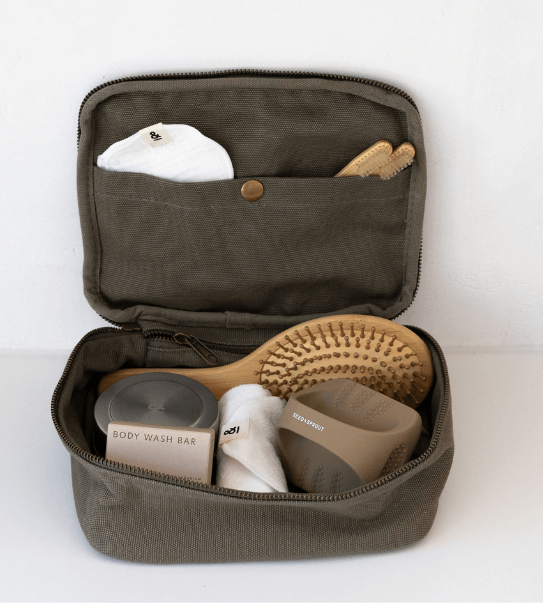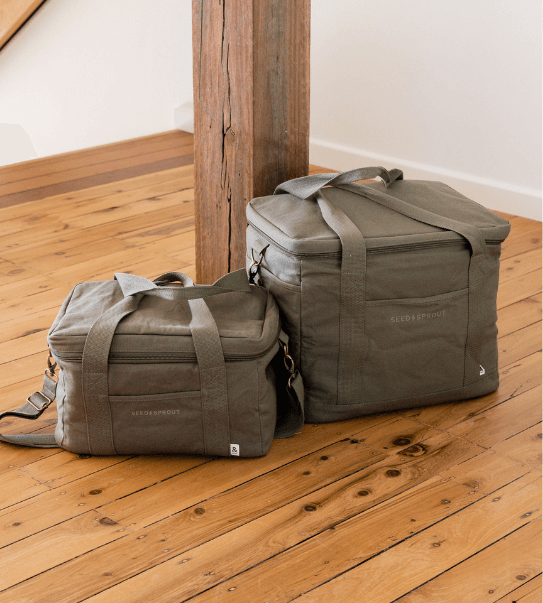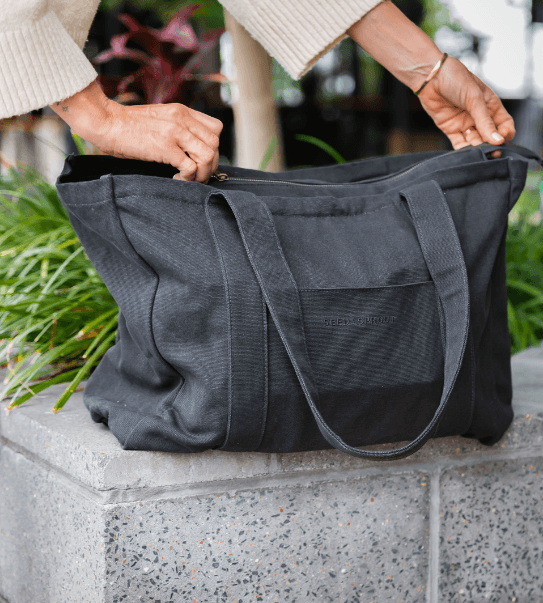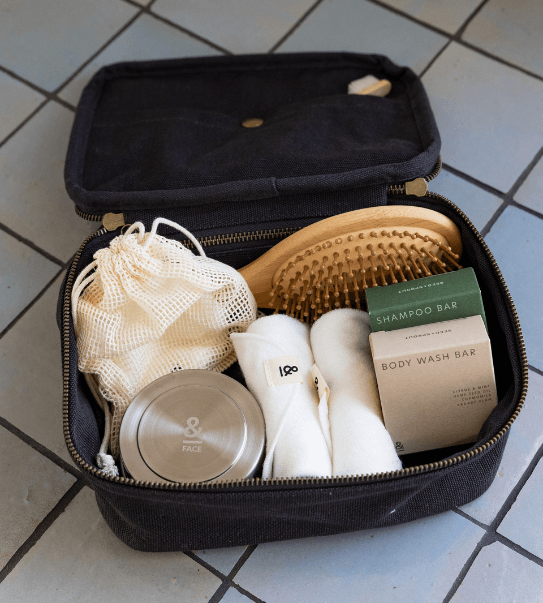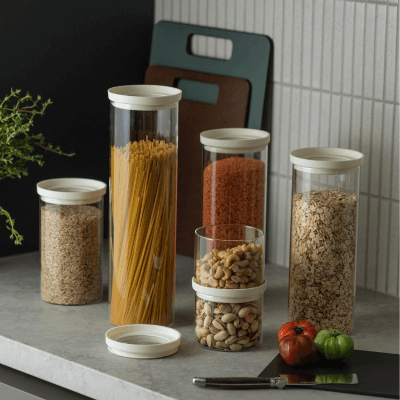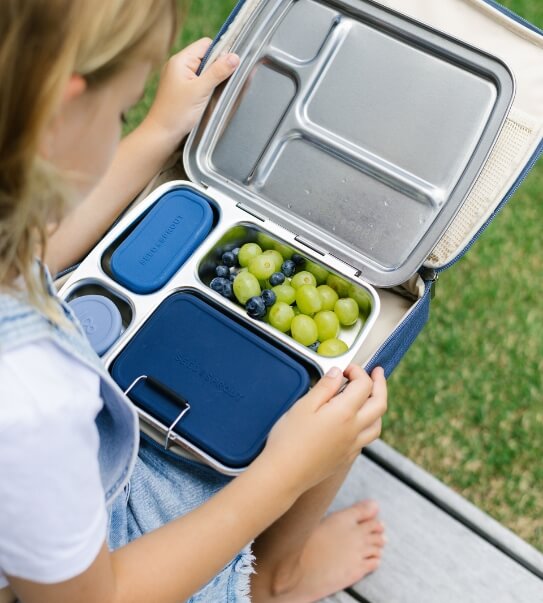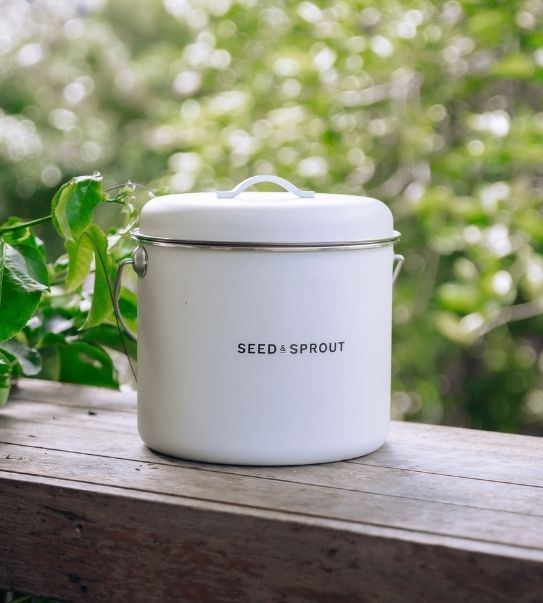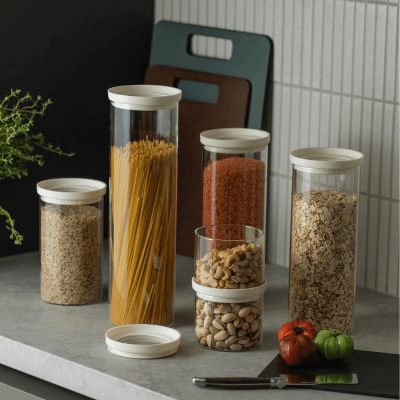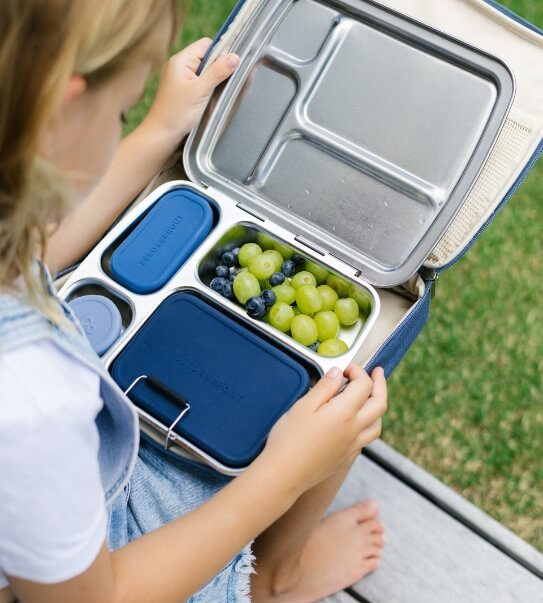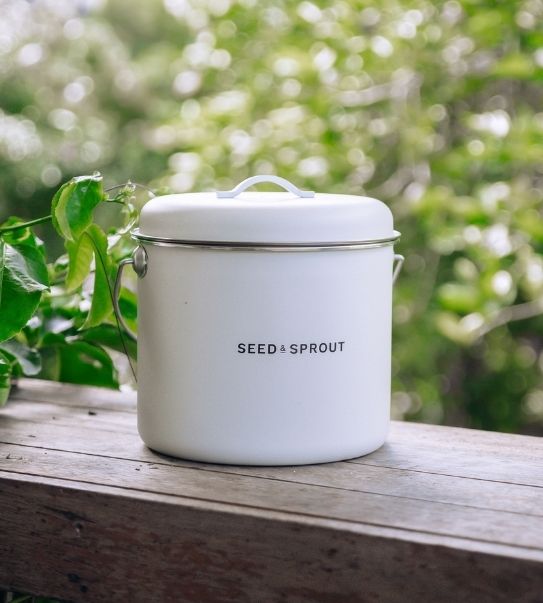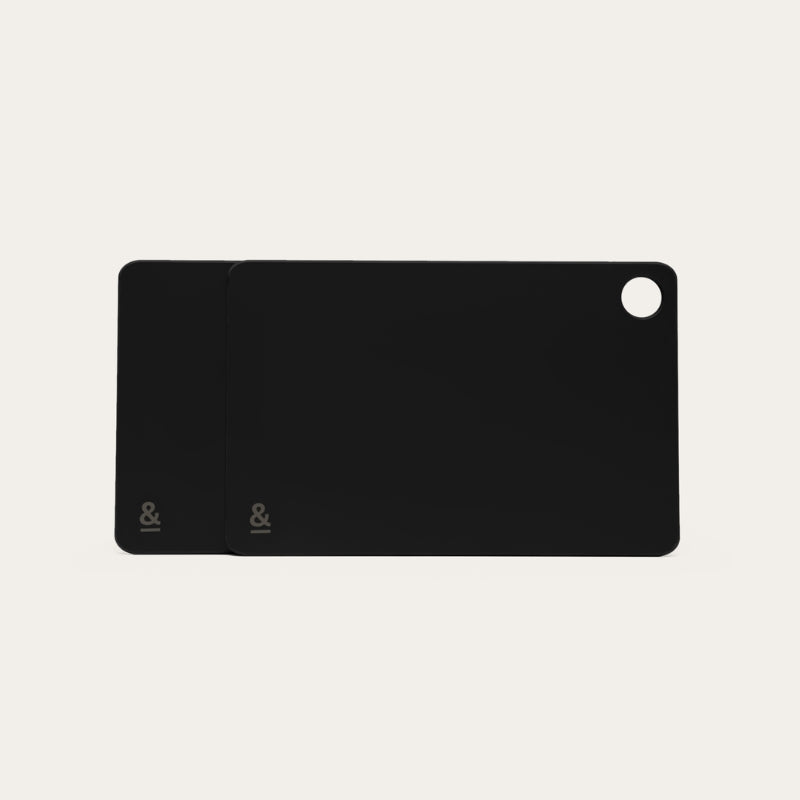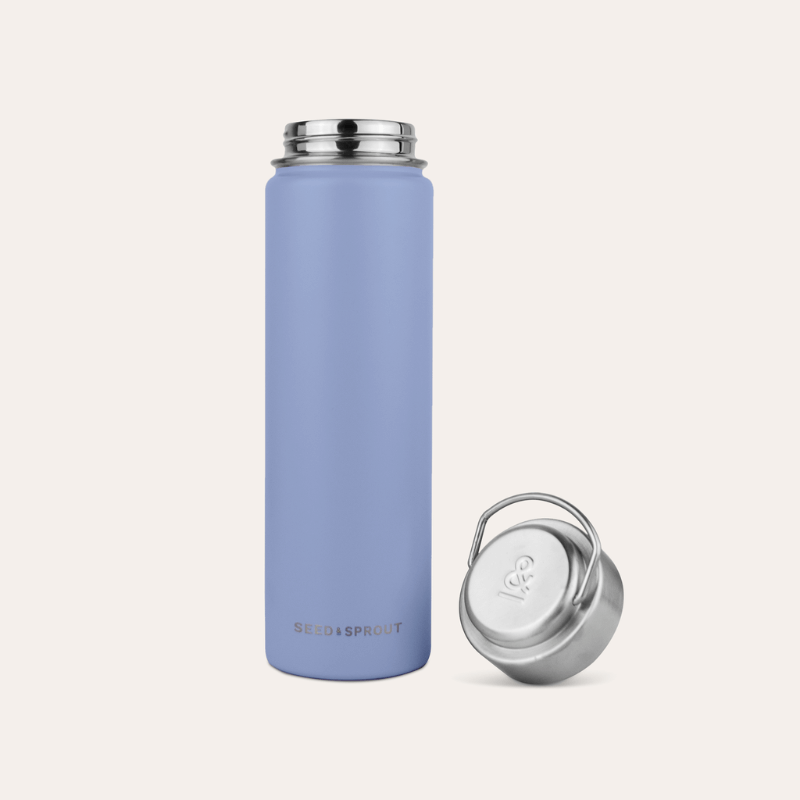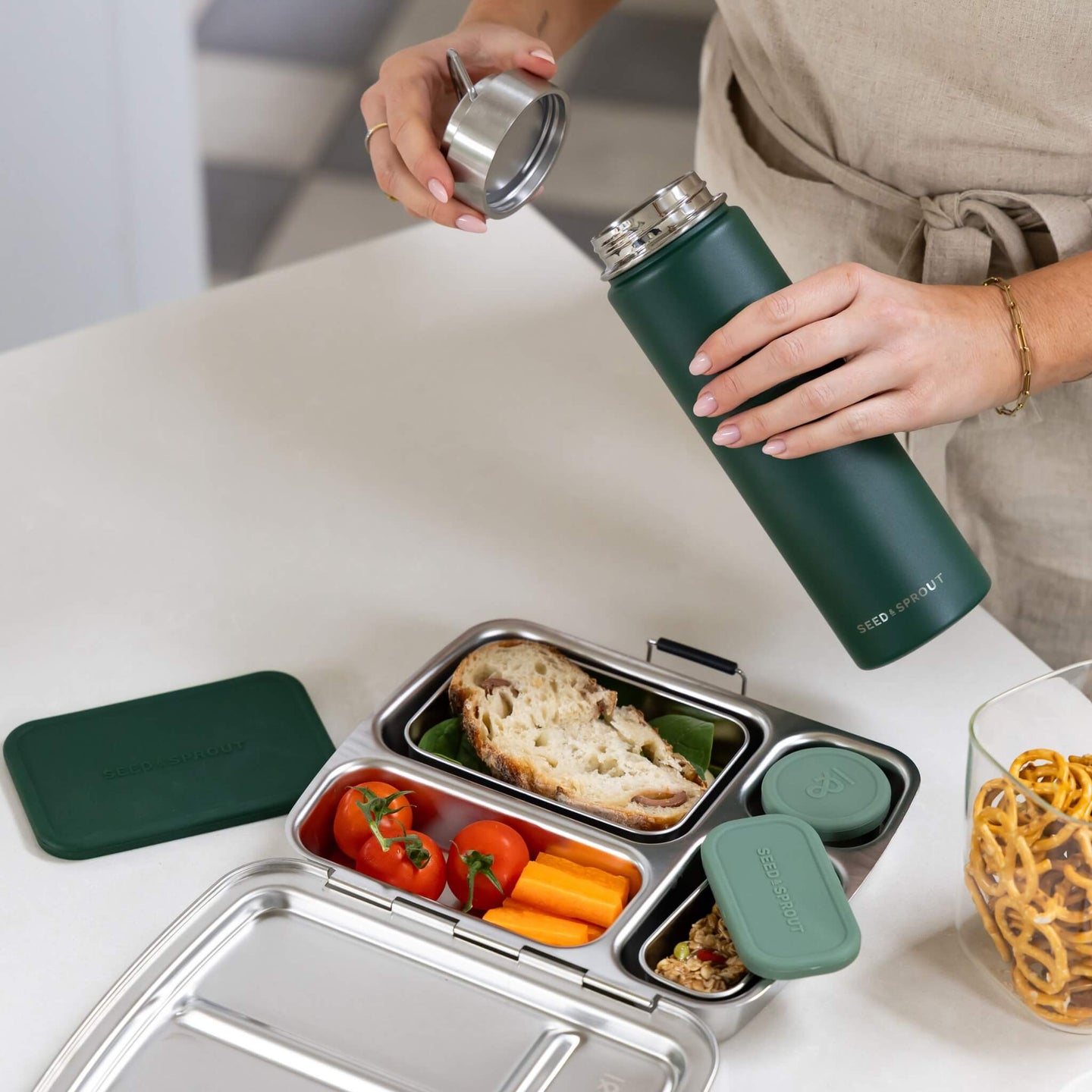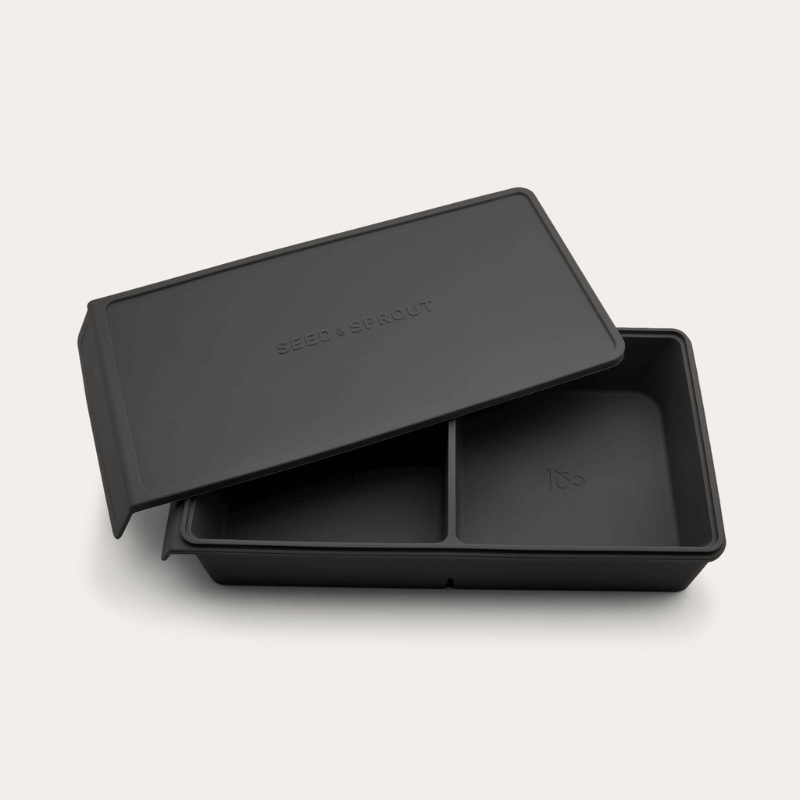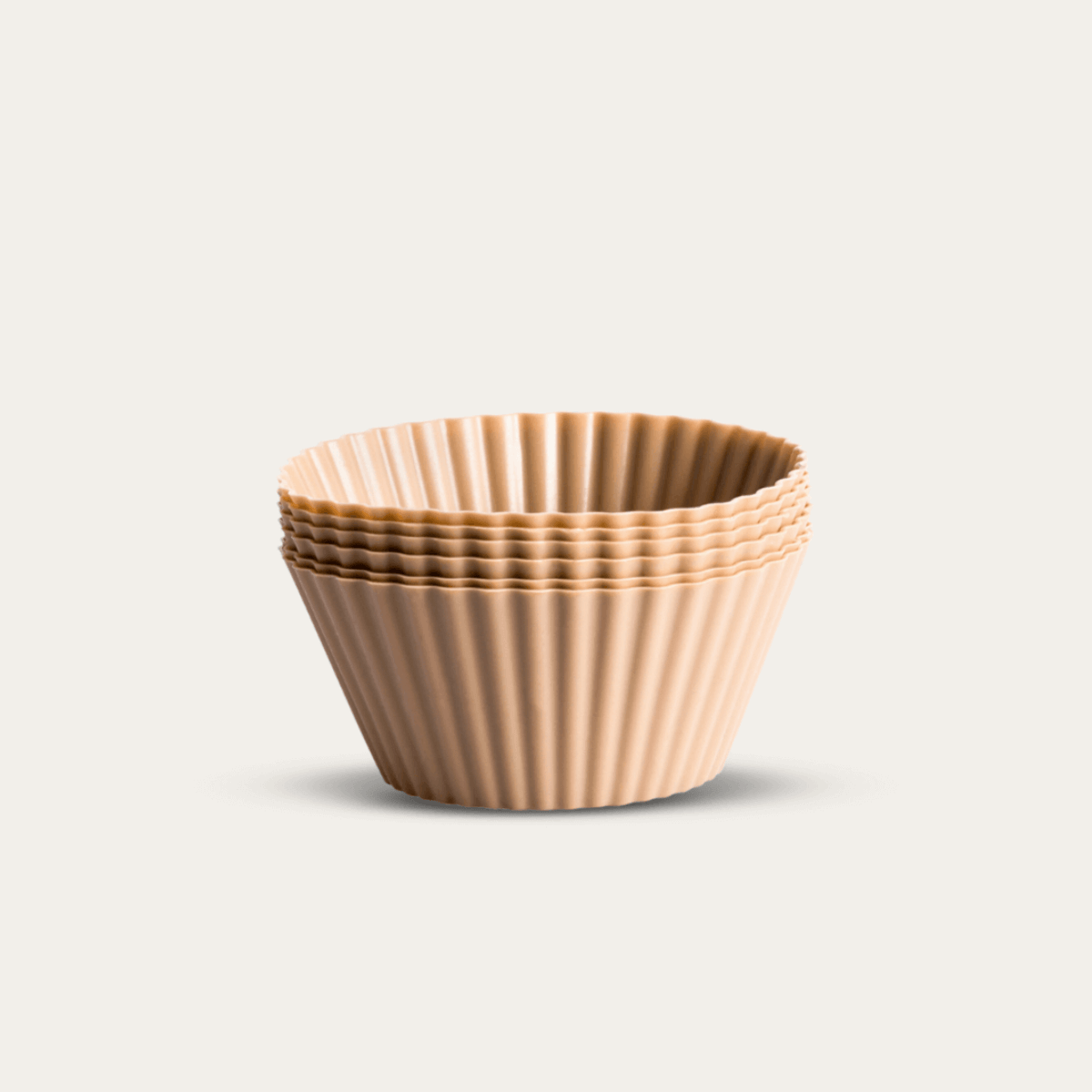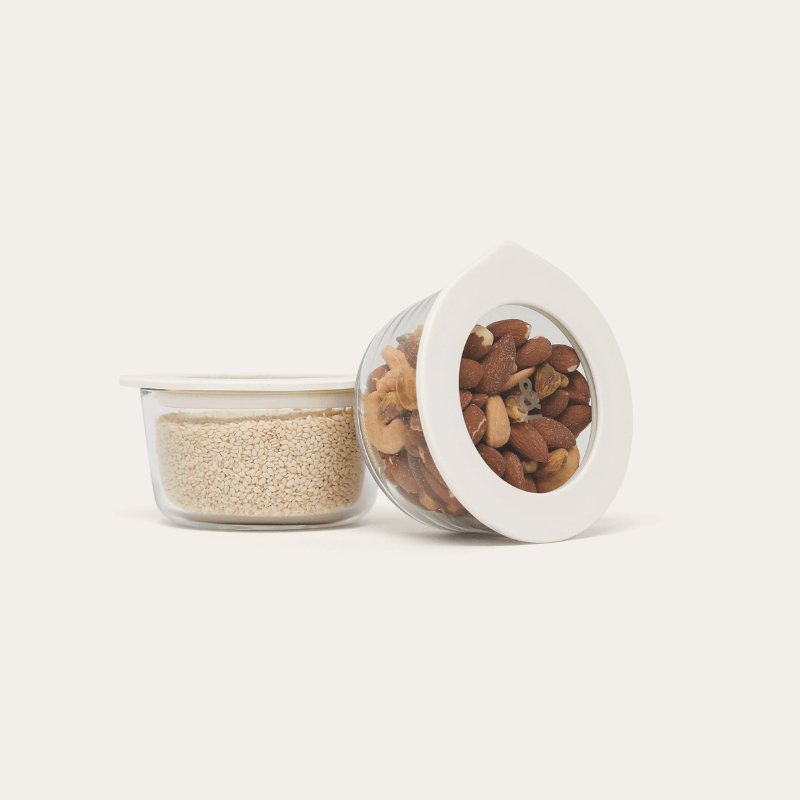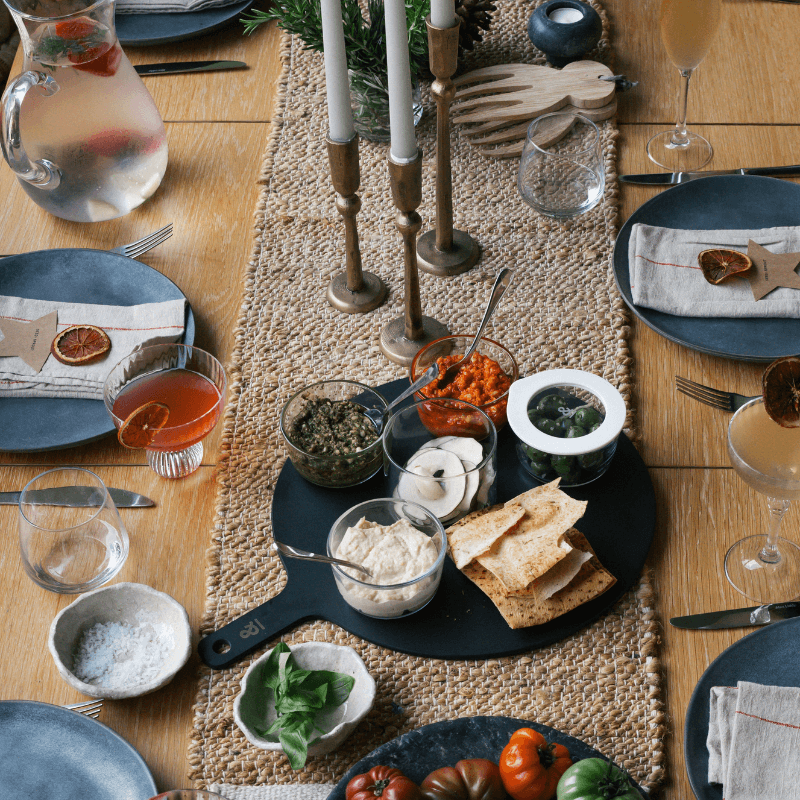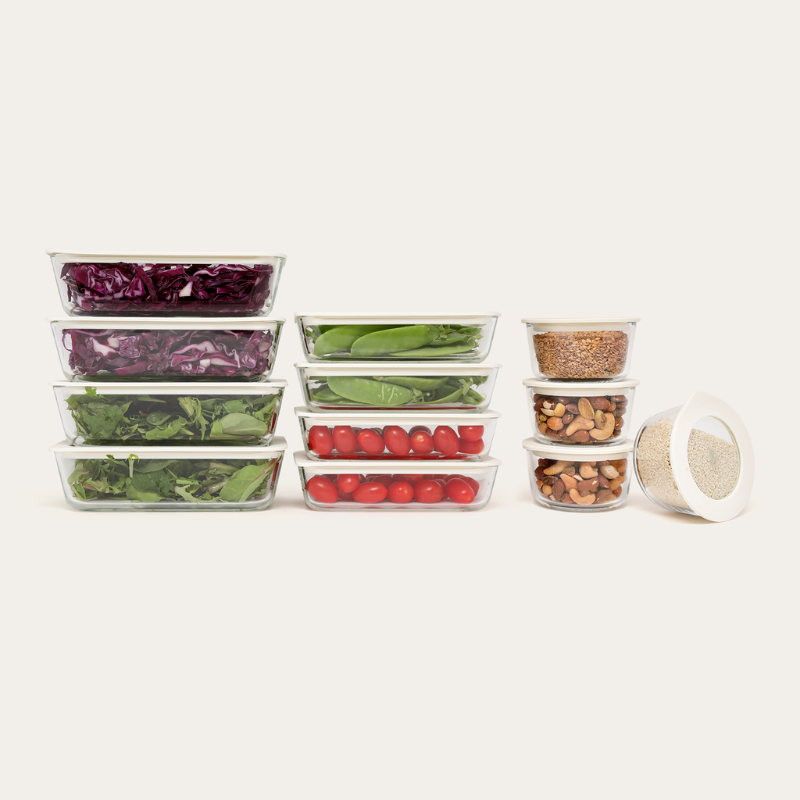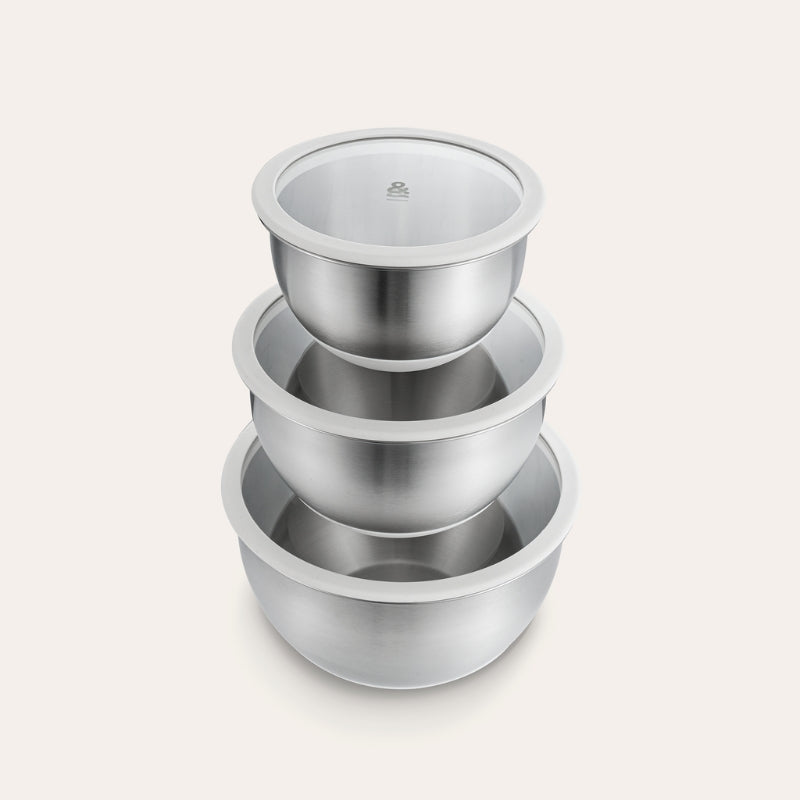Seed & Sprout Founder, Sophie Kovic: How to Un-Plastic Your Supermarket Shop
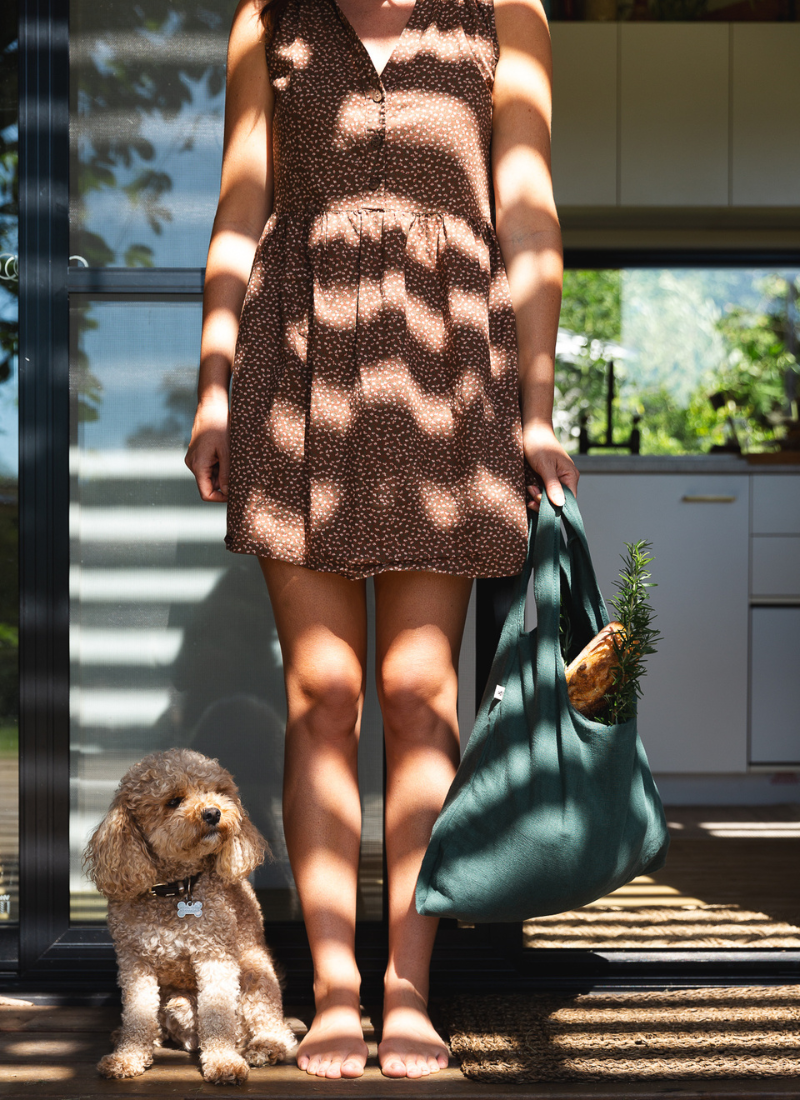
Avoiding plastic in your weekly grocery shop is tough - it seems like almost everything at the supermarket comes wrapped in it. Plastic is convenient for packaging food as it’s long-lasting and lightweight, but it’s these exact reasons that make it damaging to the planet.
Heading to your local farmers market and bulk food store is hands down the easiest way to reduce plastic from your weekly shop. But we know not everyone has access to these. So, we decided to make it our mission to see how we (and you) can reduce plastic from a supermarket shop. We’ve found that by making just a few small changes you can reduce the amount of plastic you bring home with you!
If you are lucky enough to have a bulk food store near you, then make sure you check out our Beginners Guide to Bulk Food Shopping to arm yourself with all the tips you need to get started.
If you don’t, then keep reading for our tips on how you can can still do your bit to avoid plastic at the supermarket:
Fruit and vegetables
- Choose whole unpackaged vegetables - they are usually cheaper per kg and they’ll last much longer than the pre-cut alternatives
- Buy whole bananas, pineapple and watermelon to cut at home - freeze in one of our Silicone Food Pouches ready for when you need them
- Bring your reusable bags for produce that needs to be weighed such as dates, mushrooms, and potatoes and if you forget, use a brown paper mushroom bag instead of a plastic one
- If you struggle to find unpackaged fruit and vegetables at your nearest store see if there’s a Farmers Market you could try next time
- In our current climate we understand that some people may feel uncomfortable purchasing unpackaged fruit and vegetables. Our best advice is to wash all fruits and vegetables after purchase, whether they are packaged or unpackaged. This helps to remove any nasties like germs and also any pesticides on non-organic produce that may still be present.
Dry goods
- Opt for pasta, crackers and rice in cardboard boxes (bonus points if you can find one without the plastic window) - you can recycle or compost the box - then store in our Pantry Jars
- If you cannot find dry goods in cardboard, consider buying in bulk - one large plastic container is less packaging overall then lots of small individual ones
- Take your Bulk Food bags along and check out the package free refill section in the store if they have one. Many supermarkets are now introducing package free options for some popular items like nuts and dried fruit
- Ask for fresh bread at the bakery section and bring your own Bread Bag to avoid any single use plastic bags
- Avoid microplastics in your tea by choosing loose leaf tea over individual tea bags if it's an option at your local store
Household products
- Choose laundry detergent in cardboard packaging rather than plastic bottles
- Check out our zero waste care range to cut down on plastic waste from your skincare and bathroom products
- If plastic is the only choice, opt for companies that are using recycled plastic in their packaging to show suppliers that there is a demand for recycled plastic
- Swap your plastic kitchen sponges for our compostable or reusable alternatives
- The demand for plastic free toilet paper is growing (yay) so if you find some in your local store be sure to give it a try. If you can’t find any in your local store, check out the guys we use WGAC - they deliver plastic free toilet paper straight to our office door!
Other tips
- Buy items like oil, sun dried tomatoes, and olives in glass - glass is infinitely recyclable and can also safely be reused for food storage. We’ve also learnt that the large opening of glass jars means we can get a spoon in there and actually use up all the contents - instead of trying to squeeze the last bits out of a plastic bottle!
- If you regularly visit the deli in your supermarket, ask if they would accept your own reusable containers instead of the disposable plastic packaging they offer
- If you’re entertaining, avoid buying disposable plates and cutlery that are often made from plastic. If you need extra serving plates to cater for your guests visit your local op shop who are likely to have just what you need at a very reasonable price
We know it's not easy, so we applaud anyone who is looking to reduce their plastic use. Once you’ve found your plastic-free alternatives in the supermarket, you’ll realise how easy these are to repeat and how much plastic you’ll eliminate. If you use 2 plastic bags of pasta a week and choose to make the switch to cardboard boxes, that’s 104 plastic bags saved in one year - just on pasta alone.
Remember it’s progress not perfection. If making all of these changes at once seems overwhelming, that’s ok! Start by making one change a week - by the end of the month you’ll have made four plastic-free swaps and will be well on your way to making many more.
Love Sophie x

